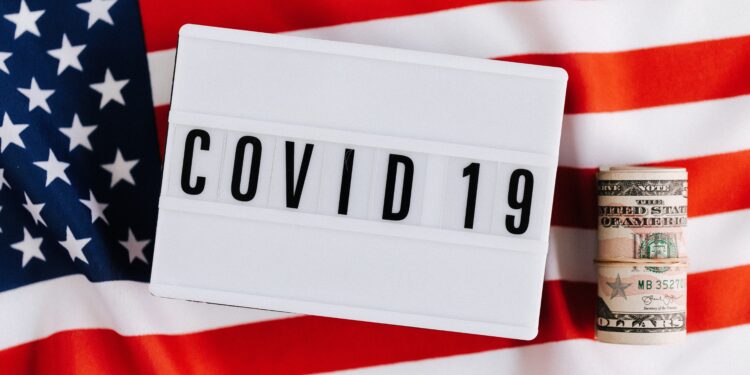As the world begins to recover from the pandemic, it’s becoming clear that many Americans have changed their spending habits. With widespread job losses and economic uncertainty, many people started saving more than ever before. In fact, according to a recent survey by Bankrate, 45% of Americans say they saved more during the pandemic than they did in previous years.
While this increased savings is certainly a positive outcome of the pandemic, it’s also led to some challenges. Many Americans are now finding that they need to re-learn how to budget and manage their finances effectively. In this blog post, we’ll explore some of the ways in which the pandemic has impacted Americans’ savings habits and discuss strategies for budgeting effectively in the aftermath of the pandemic.
One of the biggest reasons why Americans have saved more during the pandemic is simply that they’ve had fewer opportunities to spend. With many businesses closed and social distancing measures in place, people have had fewer opportunities to dine out, travel, and attend events. For many, this has been a welcome change, as they’ve been able to build up their savings and pay down debt.
However, as the economy reopens and life returns to some semblance of normalcy, many people are finding that their spending habits have changed. They may be tempted to return to their pre-pandemic spending levels, but this can be dangerous if they haven’t built up a strong financial foundation.
The first step to budgeting effectively after the pandemic is to assess your current financial situation. Take stock of your income, expenses, and debts, and make a plan for how you want to allocate your money going forward. This may involve setting new savings goals, such as building up an emergency fund or saving for a down payment on a house.
Another important factor to consider when budgeting after the pandemic is the impact of inflation. Inflation has been rising in recent months, and this can have a significant impact on your purchasing power. As prices for goods and services rise, you may find that your budget is no longer sufficient to cover your expenses. To mitigate this risk, it’s important to build some flexibility into your budget, so that you can adjust your spending as needed to stay within your means.
One strategy for budgeting effectively after the pandemic is to focus on your essential expenses first. These are the expenses that you can’t live without, such as rent or mortgage payments, utility bills, and groceries. Once you’ve accounted for these expenses, you can then allocate the remaining funds to discretionary expenses, such as entertainment, travel, or dining out.
Another important factor to consider when budgeting after the pandemic is the impact of any debt you may have accrued. Many people turned to credit cards or other forms of debt during the pandemic to cover expenses or make ends meet. While this may have been necessary at the time, it’s important to develop a plan for paying off this debt as soon as possible. This may involve making extra payments each month or exploring debt consolidation options.
In conclusion, the aftermath of the pandemic has led to a renewed focus on savings and budgeting for many Americans. While increased savings is certainly a positive outcome, it’s important to remember that managing your finances effectively requires ongoing attention and effort. By assessing your current financial situation, building flexibility into your budget, and prioritizing your essential expenses, you can create a strong financial foundation that will serve you well in the years to come.













Recent Comments